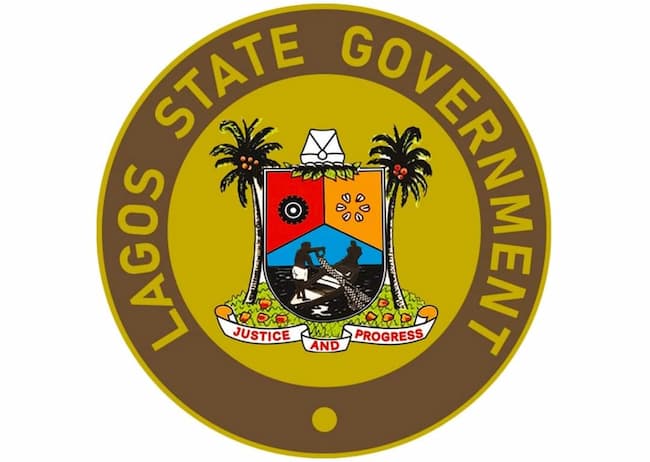The Lagos government has finalised plans to implement the National Building Code to regulate the state’s construction industry.
Last week, during a press conference in Lagos, the Commissioner for Physical Planning and Urban Development, Dr Idris Salako, revealed the information.
The goal of domesticating the National Building Code, according to Salako, was to produce the Lagos State Building Code and fill a need in an existing regulatory framework.
He claimed that the code would place a much-needed emphasis on building performance rather than design criteria in the state.
He said, “As a performance-based building code, the Lagos State Building Code covers aspects such as structural stability, durability, protection from fire, access, moisture control, energy control and services and facilities.”
The building code, he claimed, will complement the state’s existing building regulatory structure and handle land use, physical development, and urban planning issues.
Salako noted that, if operational, the building code would allow the state and its many localities to handle its unique characteristics with building performance criteria while reducing expenditures associated with potential calamities such as flooding, building collapse, and fire outbreaks.
He predicted that adopting the National Building Code and its eventual publication as the Lagos State Building Code would present another national model from the centre of excellence shortly.
Dr Olajide Babatunde, Special Adviser, E-GIS, stated that the domestication of the National Building Code would pay appropriate regard to the characteristics of Lagos State rather than a blanket adoption of its provisions.
Engr. Abiola Kosegbe, Permanent Secretary, Ministry of Physical Planning and Urban Development, also spoke about how the state government took the initiative and conducted a series of stakeholder engagements and contributions with the help of the Nigerian Energy Support Programme, or NESP.
She explained that the Energy Efficiency Code and the Green Building Concept would eventually be incorporated into the Building Code.
















